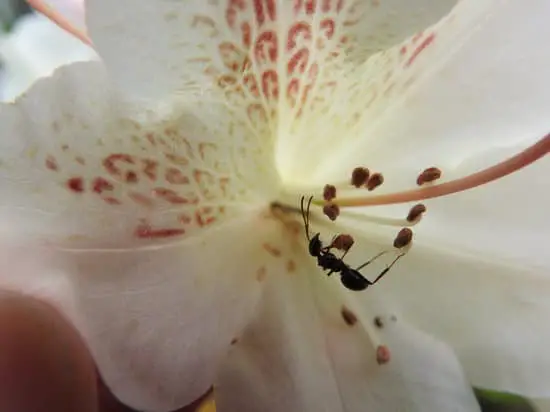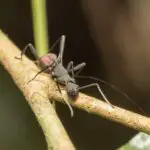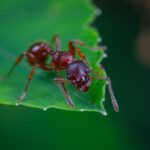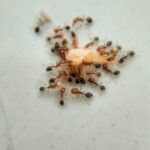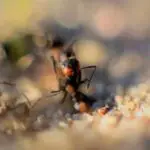Why Do Ants Make Noise?
During their search for food, ants emit vibrations through their substrate. They also communicate with each other through pheromones. In the last few decades, myrmecologists have begun studying ants’ chemical communication.
The sounds they produce are different for each species. Some ants produce chirp-like sounds by rubbing their abdomen parts together. Others produce scraping sounds. And others make drumming noises.
Besides chirping and drumming, ants also make stridulation. This is a type of high-pitched rasping sound. It occurs in many species, including katydids and crickets. It is also common in sea horses and catfish. The sound is also produced by cockroaches when they are preyed upon.
In their research, entomologist Karsten Schonrogge and colleagues listened to Myrmica scabrinodis ants. They discovered that they made noise when threatened. In addition, the sound was not heard during the courtship process.
The sounds they produce vary in frequency, depending on the species and the members of the colony. They can also signal a change in social status. It is also used as an alarm signal.
A specialized spike on the abdomen of Myrmica ants allows them to make stridulation. They are often found in areas with low elevations, such as peat bogs.
Researchers haven’t been able to decode the sounds they produce. They think ants may be extremely sensitive to vibrations. They’ve attempted to record sounds from various species, including black fire ants and Solenopsis. They also tried to record the sounds of ants from their own lab.
